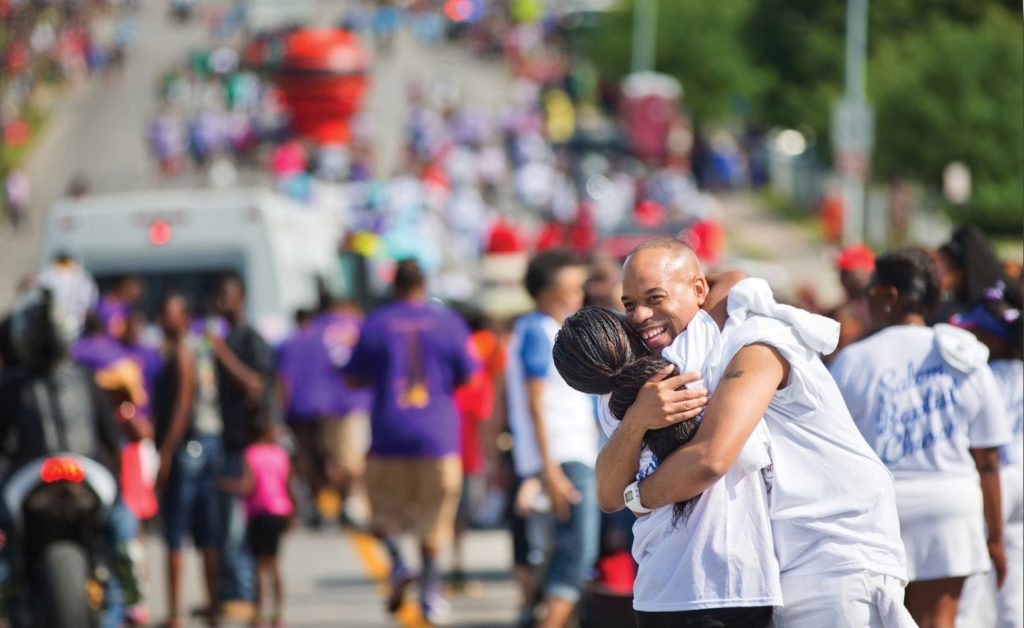
Every February, we focus on learning ‘Black history’, in other words, the American history that must be central to any true study of our country. Black history is ingenuity, innovation, and the ongoing pursuit of truth and justice moving this nation closer to its ideals of liberty and democracy. But history does not live in some distant, disconnected, and stagnant past, and it’s definitely not a lesson we should study in February alone.
What if we took this month to begin a practice of really listening to Black people in our community and centering the voices that have been relegated to the margins of society…
Across Nebraska, Black neighbors, organizers, educators, and leaders offer valuable insights that we should be seeking out and listening to, not occasionally but habitually, if we are to build just and inclusive communities.
Being Welcoming and Inclusive means recognizing the existence of structures of domination and privilege, such as white supremacy, patriarchy, and capitalism, and understanding that the people closest to the pain caused by these structures are the ones who are closest to the solutions. Here is writer Crystal Marie Fleming on why we need to especially listen to Black women (and girls).
Let’s all commit to including and centering the voices of Black Nebraskans. Here are a few places to start:
Center For Rural Affairs presented three important conversations centering the voices of Black folks in rural communities.
The Metro Young Latino Professionals Organization (MYLPA) hosted “Bridging Conversations,” a series that brings together Black and Brown community leaders in Omaha to talk about the issues that are important to them. Check out the two episodes they’ve released:
On We Are Not A Monolith from Siouxland Public Media, Ike Rayford, the local NAACP President and Shelby Pierce offer nuanced and authentic insights on issues affecting black communities in the region. We especially enjoyed this episode about Malcolm X.
One place where you can continue to learn about the Black history of Nebraska year-round is the Great Plains Black History Museum. The museum offers both virtual and in-person tours that you can book on their website.
To wrap up, the best place to listen to Black people is… everywhere! In our workplaces, schools, friend groups, and neighborhoods, let’s commit to fostering a safe and open environment where Black people’s stories and voices can be heard and validated.
